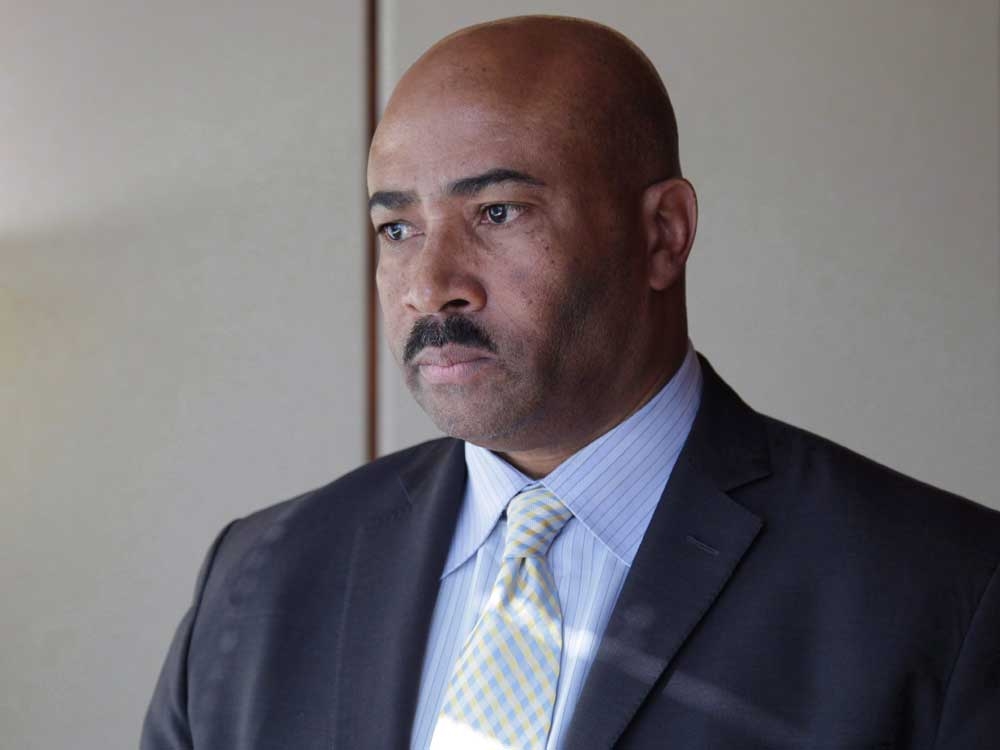A wave of anxiety crashed over Richmond, British Columbia, Tuesday night as hundreds of homeowners gathered, their futures suddenly clouded by a recent court decision. The ruling granted Aboriginal title to the Cowichan Tribes over a significant stretch of land along the Fraser River, igniting fears about property ownership and financial security.
The meeting, held in a packed hotel ballroom, quickly became a forum for frustration. Residents openly challenged Mayor Malcolm Brodie and city officials, demanding to know why they hadn’t been informed sooner about the unfolding legal battle – a battle that now threatened the very foundation of their investments.
“I would be very angry,” Brodie conceded to reporters, acknowledging the landowners’ distress. He understood the shock of discovering a claim to the land that could fundamentally alter their rights, a scenario no homeowner anticipates.
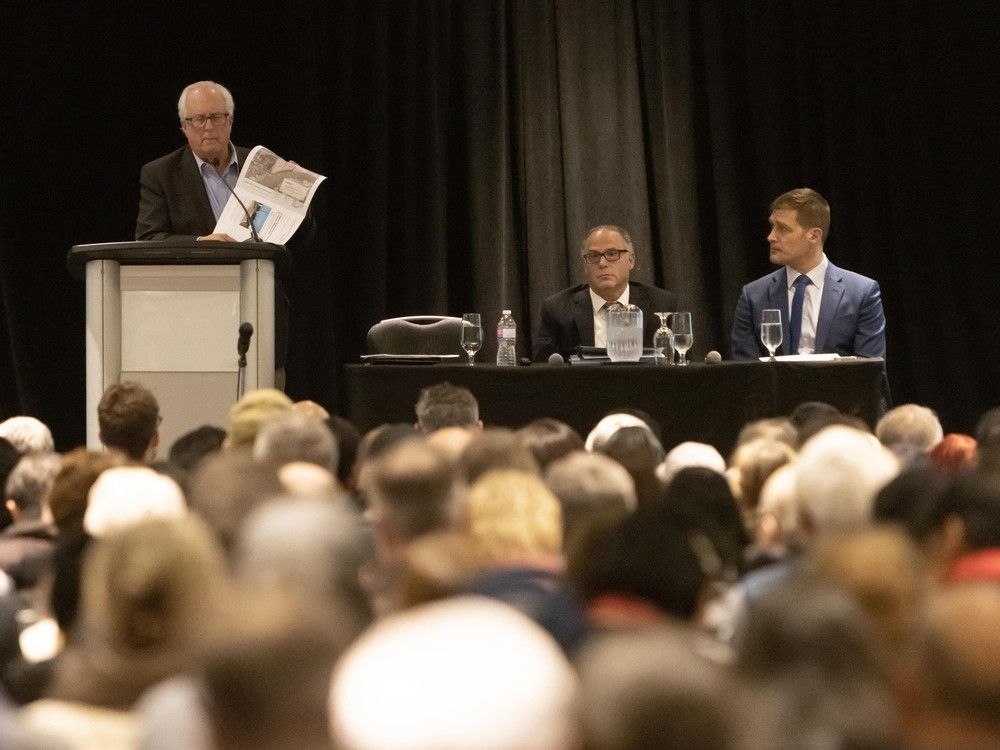
City officials explained they had urged the Cowichan Tribes to directly notify affected landowners of their claim, a step the court ultimately rejected. This lack of direct communication fueled the anger, leaving many feeling blindsided and vulnerable.
The immediate concern for many was financial. Homeowners questioned the potential for compensation, and the looming possibility of declining property values. Insurance and bank financing suddenly felt precarious, hanging in the balance as the case heads toward a potentially years-long appeal process.
Kal Matt, a Richmond resident of nearly fifty years, directly confronted the mayor. “Why did you not warn us earlier?” he asked, his voice echoing the sentiment of the room. He followed with a stark question: “If I don’t own my land anymore, why am I gonna pay the City of Richmond taxes?”
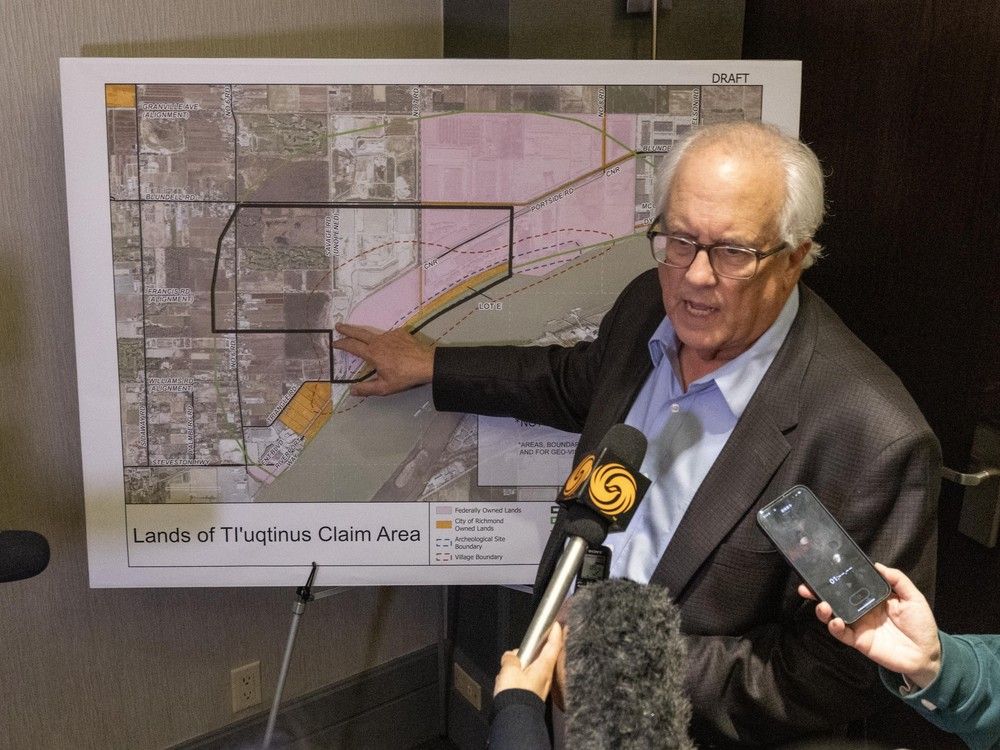
Despite the anxieties, officials insisted current property owners remain legally registered and obligated to pay taxes. The city pledged to vigorously defend the claim, urging landowners to share their individual circumstances and supporting a temporary “freeze” on the court’s implementation.
The core of the dispute stems from an August ruling by the B.C. Supreme Court. The judge determined the Cowichan Tribes hold Aboriginal title to approximately 750 acres, effectively invalidating existing Crown and city titles and deeming the granting of private ownership unjustifiable.
Richmond, alongside B.C. and other parties, is appealing the decision. The city convened the meeting to address the implications, warning over 150 property owners that their ownership status could be “compromised.”
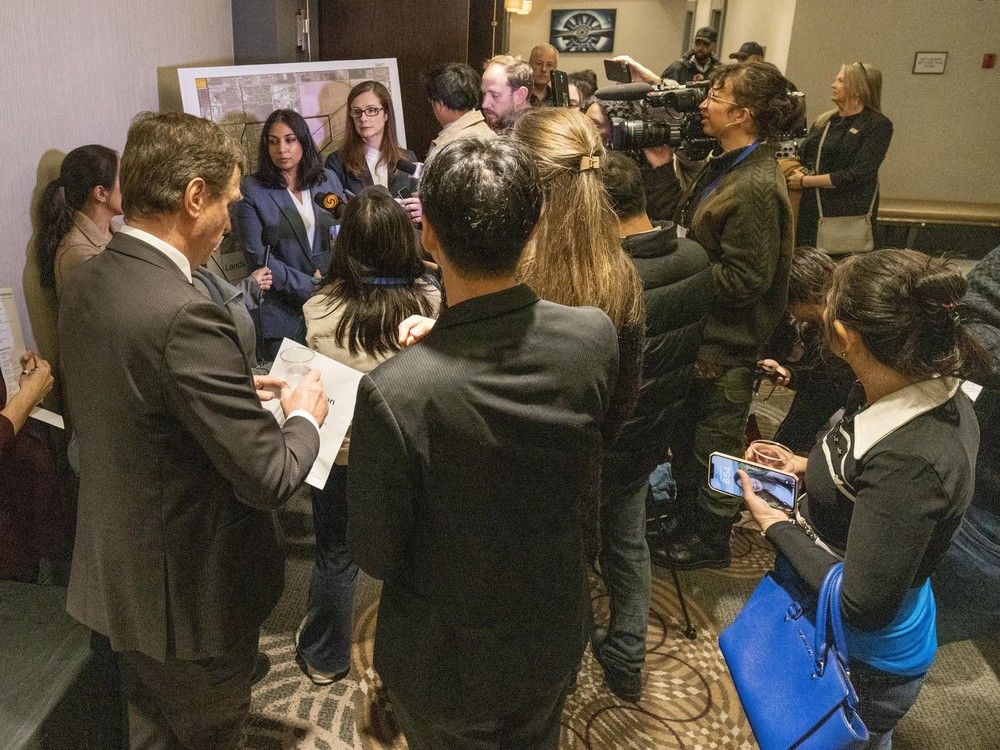
Colin Cai, a local farmer, expressed fears that the ruling could erode confidence in the B.C. housing market. He had invested heavily in his farm, planning significant improvements, but now hesitates to proceed, paralyzed by uncertainty.
The mayor acknowledged concerns from business groups about potential financing disruptions. The ability to secure a mortgage, a cornerstone of homeownership, was now cast into doubt for many.
The city’s legal strategy centers on the argument that Aboriginal title and fee-simple title cannot coexist on the same land. While Richmond is advocating for the “extinguishment” of Aboriginal title, the provincial and federal governments have not yet adopted this approach.
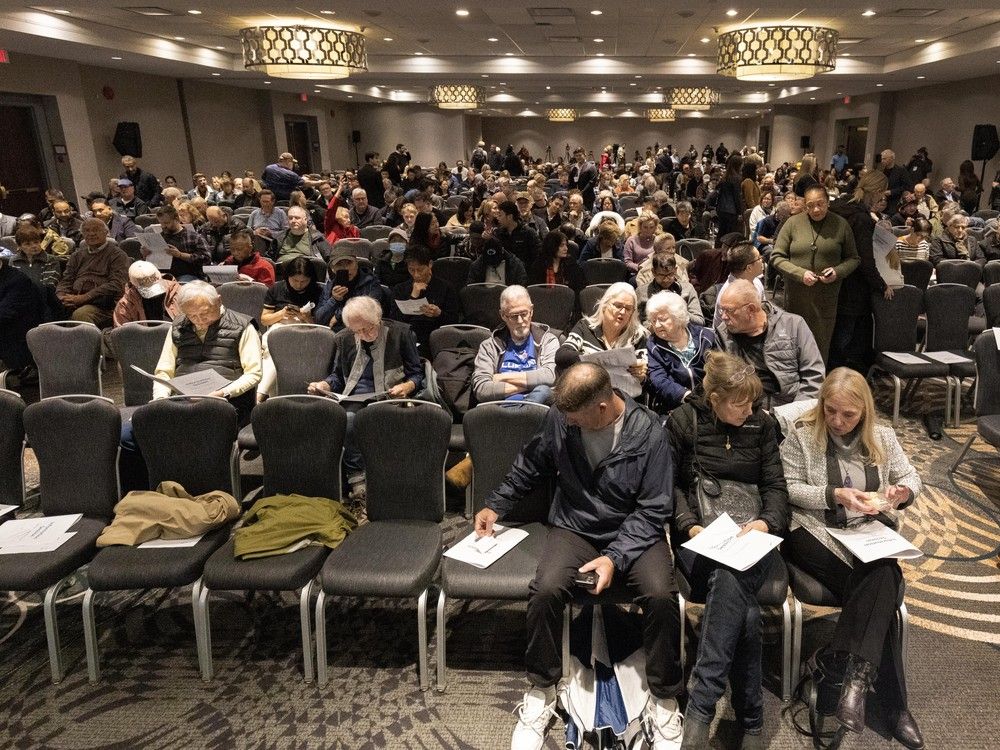
However, lawyers for the Cowichan Tribes cautioned against broad interpretations of the ruling, warning against applying it universally across British Columbia or Canada. They also expressed frustration with what they characterized as misinformation surrounding the case.
The provincial government emphasized its commitment to protecting private property rights, asserting that Aboriginal title is “suspended” when it conflicts with existing legal interests. This position, however, has historically proven unsuccessful in court.
Attorney General Niki Sharma highlighted differing legal strategies between the city and province, both ultimately aiming to protect landowners. She acknowledged the province’s decades-long struggle to achieve unilateral extinguishment of Aboriginal title.
Sharma reiterated the government’s core argument: that Aboriginal and fee-simple title cannot fully coexist. She emphasized the paramount importance of secure land ownership for residents, a principle that ironically underpinned B.C.’s unsuccessful defense in the Cowichan Tribes case.


